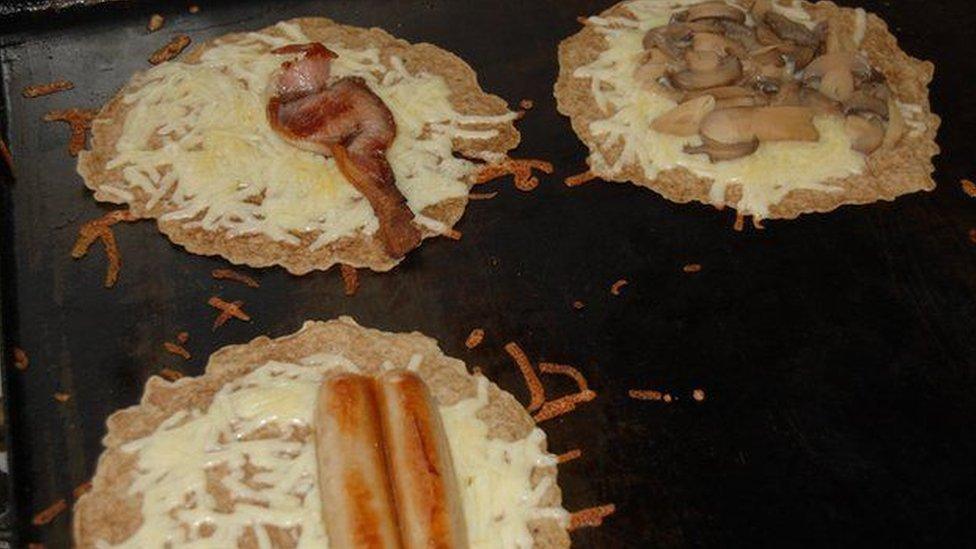West Midlands: Four things you wanted to know
- Published
Ask us your questions about where you live
All week you have been using Your Questions to tell us what you want to know about the West Midlands.
Our article on whether Brexit would have any effect on Christmas markets prompted many questions on how to take the stress out of present shopping.
And our feature on Birmingham's homeless got many people asking what they could do to help rough sleepers.
You also asked why coconuts could be seen floating down canals. Here is how we got on answering your questions.

Your last-minute Christmas shopping tips
With just days to go until Christmas, many of us will be panic-buying presents in time for the big day.
Here are some tips on how to take the stress - and strain on your bank balance - out of last-minute Christmas shopping.
Natalie Oakley, from Sedgley, makes her Christmas gifts at home

Our article Why are there so many homeless people in Birmingham? prompted many questions on how you can help those sleeping on the streets.
The sleeping bags that line UK towns and cities seem ever more visible as Christmas approaches, prompting many people to reach out during the season of goodwill.
But what about the rest of the year?
Homeless charity Crisis, external works to help rough sleepers over the Christmas period but stresses that help is needed all year around, while fellow charity Shelter estimates more than 250,000 are homeless in England and in need of support.
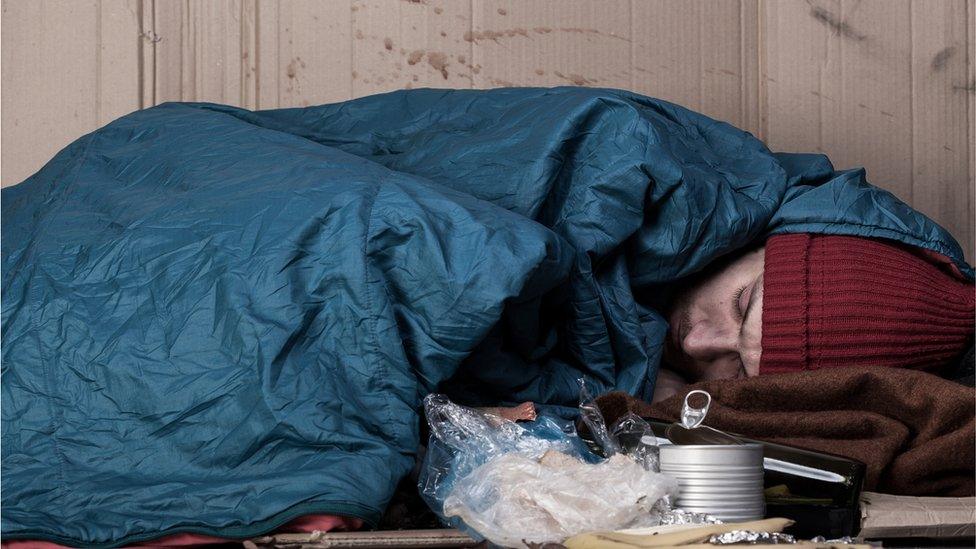

Peter Weston used Your Questions to ask why he had seen coconuts floating in canals.
Journalist Rahul Verma told The Canal & River Trust: "The peculiar pairing of coconuts and canals is a familiar scene in Britain, particularly where the waterways meander through localities with a sizeable Hindu population, such as around the Walsall and Coventry canals."
Hindu scholar Swami Chaitanya said coconuts were offerings to Maa Ganga, goddess of the River Ganges.
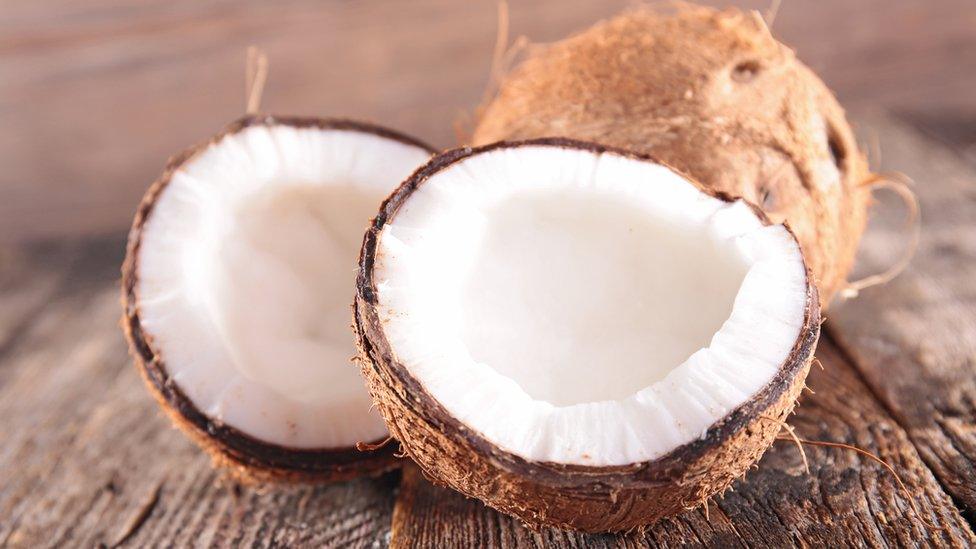
Hindus float coconuts in canals and rivers as an offering to one of their gods, Maa Ganga
"Hindus worship India's great rivers, and especially Maa Ganga, because they are the elixir of life; water is where all life begins," he said.
Here in England, other watercourses are worshipped for the same reason. But why coconuts?
"Coconuts are the fruit of the Gods - it's a pure fruit with remarkable qualities, it takes in salt water and produces sweet fruit and it's neatly packaged too.
"Also it's a symbol of fertility, it reflects the womb, and has human qualities - it has two eyes, a mouth and hair," said Mr Chaitanya.

Brendan Nevin asked: "The Sneyd Family were a major force in the industrial revolution and in the period before. After World War Two they disappeared - why?"
The Staffordshire family lived at Keele Hall, which is now part of Keele University. They were principal local landowners in the 19th Century.
According to the Keele University website, external, the family dated back to the 13th Century as a "minor branch of the powerful Audley family in Cheshire" and moved up in the world through marriage and investments.
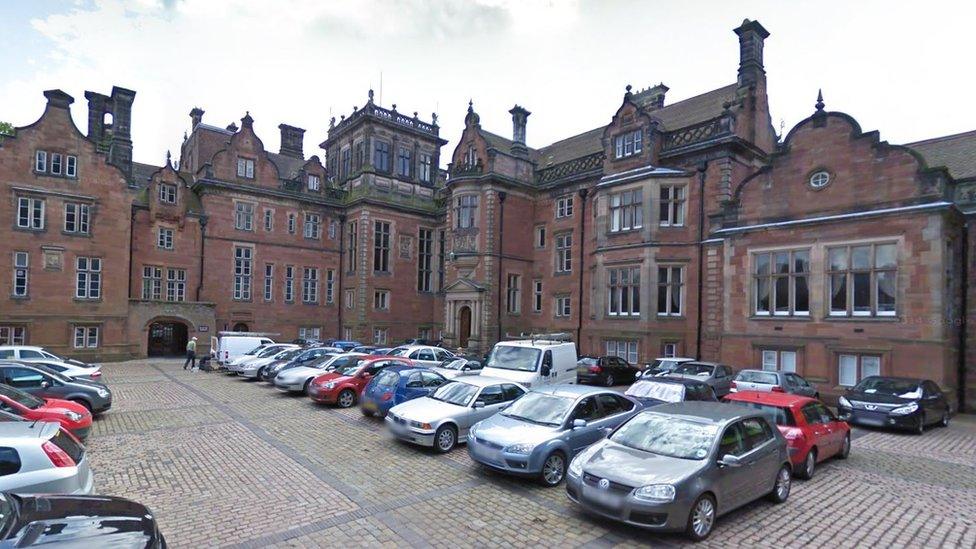
The Sneyd family lived at Keele Hall in Staffordshire
However, they say a reversal of fortunes in the early 20th Century saw the family's finances decline and "the deteriorating house and estate" were acquired by the military on the outbreak of World War Two.
After the war, they were acquired in 1949 by the newly created University College of North Staffordshire which went on to become Keele University.
- Published16 December 2016
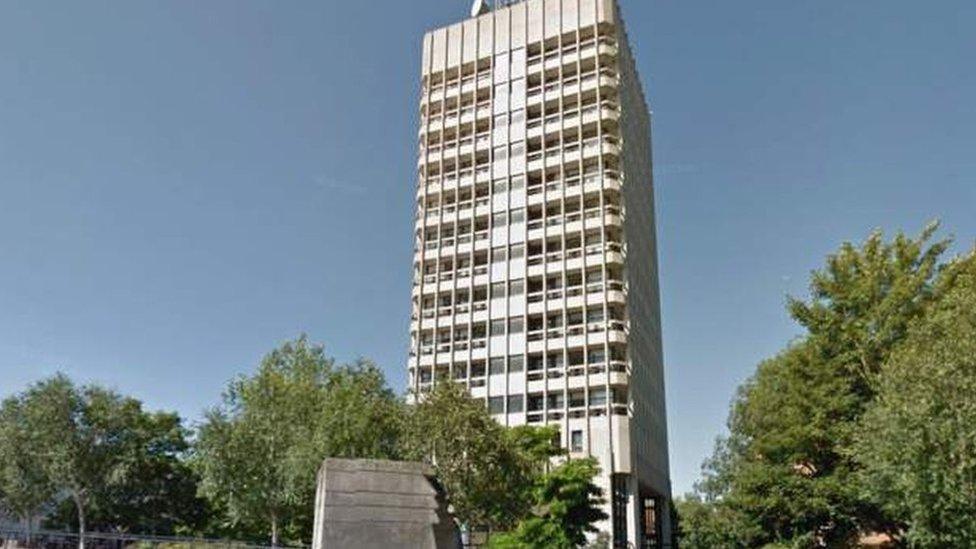
- Published9 December 2016
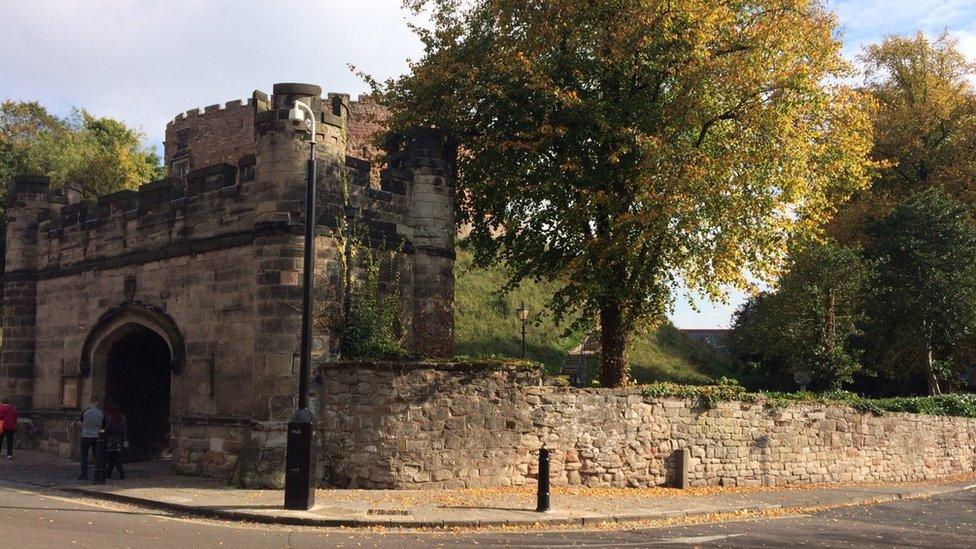
- Published2 December 2016
